The use of lemon juice in lightening of the skin has been discussed with emphasis on permanent bleaching in a faster way to clear spots and dark pigmentation. Thus does lemon juice lighten skin?

does lemon juice lighten skin
Does Lemon Juice Lighten Skin Fast
Melanin the natural color in our skin is synthesized by melanocytes. The distribution pattern in the surrounding keratinocytes and the nature of the formed melanin determine the actual color of our skin. Melanin forms through a series of oxidative reactions involving the amino acid tyrosine in the presence of the enzyme tyrosinase.
Skin whitening agents often inhibit the activity of tyrosinase, for example, by competitive or non-competitive inhibition of its catalytic activity, by inhibiting its maturation, or by accelerating its degradation. The cosmetic industry is looking for novel, effective, possibly natural ingredients of low or absent side effects.
Thus does lemon juice lighten skin? With hydroquinone, the previous benchmark in this field, fast and effective results to whiten skin were obtained. The drawback of the fast effect was the high cytotoxicity of hydroquinone and its huge irritation potential.
New active ingredients with a much improved toxicology profile have been developed instead. They often provide the whitening effect in a reversible way, demonstrating that the biology of melanin production will only be suppressed during treatment but not destroyed.
These new kinds of natural whitening ingredients however force us to become more patient. They do work well if they get the time the biochemistry of the skin needs and surprisingly they can even provide skin protection
Typically lemon juice contains between 5 and 8 percent of citric acid. The most obvious medicinal use of lemon was as a source of Vitamin C to prevent scurvy. Owing to its high level of Vitamin C, fresh lemon juice is been recommended by doctors in some herbals as a treatment for sunburn, perhaps not the most sensorially pleasing approach, but not without merit.
Given its relatively high level of acid content, together with antioxidant activity, it is obvious that the lemon juice has been promoted as a natural skin lightener.
Lemon extract is used as a potent skin bleaching ingredient. However, it can only be used at low concentrations because it easily causes skin irritation
Other tyrosinase inhibitors include the use of;
- Kojic acid is derived from a Japanese mushroom. Kojic acid lightens the skin by preventing tyrosinase which then reduces the amount of melanin that is produced. Kojic acid is one of the most popular natural ingredients found in skin lightening products. However, Kojic acid has the ability to cause skin sensitization according to the Scientific Committee on Consumer Products.
- Mulberry; this skin lightening ingredient is extracted from the roots of the paper mulberry plant. Mulberry is more effective than hydroquinone and even kojic acid in the way that at a higher extent lowers concentrations that are required to have the same effect as equal or higher concentrations of kojic acid and hydroquinone.
- Alpha arbutin; has a stronger effect than beta-arbutin and is also usually found in the skin lightening products as a safer alternative compared to hydroquinone.
- Beta arbutin that is commonly known as just arbutin, is derived from the leaves of bearberry, cranberry and blueberry plants. It works in a similar way to kojic acid, in that it inhibits the production of tyrosinase to restrict the amount of melanin produced. Although naturally derived, it can cause skin irritation in some people with sensitive skin.
- Glutathione is a strong antioxidant that has many health benefits including boosting the immune system and cleansing the liver. A side effect of glutathione is the direction of melanin production towards the light and easy soluble pheomelanin that supports skin whitening. Glutathione is mostly found in skin lightening pills but can also be used topically. It is naturally occurring in the body and is a part of the natural human body defense system
- Licorice is usually used in the skin lightening industry. Licorice also works by inhibiting the enzyme tyrosinase limit the amount of the dark pigment produced. It has also anti-inflammatory properties and is very effective at fading suntans.
- The papaya enzyme that is found in papaya works to enable gentle exfoliation of the dead skin cells and reveal new ones, brighter skin cells beneath. Orange and green papaya are the two most effective but green the papaya contains a lot of the papain enzyme. This ingredient is most often found in some soaps but sometimes in skin lightening creams.
- Vitamin C suppresses the production of melanin pigment in the skin. Magnesium Ascorbyl Phosphate is a product of Vitamin C and is the form of the ingredient that is commonly found in skin whitening products. Vitamin C also protects the skin from ultraviolet rays.
Lemon Juice Skin Lightening
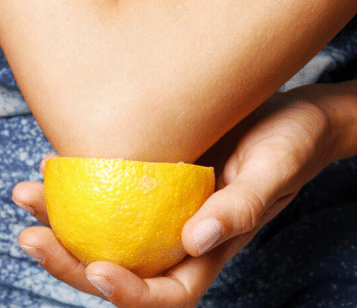
lemon juice is good for dark elboes and knees
Dark and dull skin can be brought about by overexposure to the sun, including environmental pollution, a medical condition, very dry skin, poor lifestyle choices, and also prolonged use of chemically produced cosmetic products.
A lot of individuals work hard to enable fair and flawless skin. The market has a lot of skin-lightening creams and lotions. But such manufactured products contains harmful chemicals that can ultimately destroy the skin. At times the products are very expensive.
Save yourself some time and money by using natural remedies that are effective and brightens and lighten the skin complexion.
Dip a cotton ball in a freshly squeezed juice of lemon and apply it directly and gently the face. You can also rub a lemon directly over the affected areas of the skin and allow the juice to stick well to the skin. Leave the juice on the face for at least an hour and then wash the face with warm water.
Repeat this once in a day. This simple action will help lighten the skin complexion and also prevents the development of the scars and acne on the face.
Mix three or four teaspoons of the lemon juice and at least one teaspoon of a turmeric powder. Apply this mixture that has been formed on the skin and leave it on as such for half an hour on the face. Wash it off with cold water. Repeat process once daily.
Note that when using these types of remedies, ensure that there are no open wounds on the skin. The acidic nature of the lemon juice can create pain in the open wounds. Also, the lemon juice may not be a good option for sensitive skin or if a person are allergic to lemon juice.
Other natural lighteners are;
- Yoghurt; Yogurt is a by-product of milk, it has various nutrients that are essential for the skin. Yoghurt also has lactic acid that has bleaching properties. Gently rub the plain yogurt on the skin. Leave the yogurt on for about 30 minutes and then wash it off using warm water. Repeat this process daily for several weeks to notice a significant improvement in the complexion of the skin.
Alternatively, you can also mix a tablespoon of fresh yogurt with at least one-half tablespoon of honey. Apply the mixture formed on the face and the neck. Leave it on for about 10 to 15 minutes and then wash it off using cold water. Do this procedure daily to improve the skin tone and also complexion.
- Oranges; the most important ingredient with regard to skin care is vitamin C that you can get in abundance from oranges. Also, oranges have enough bleaching properties that can be able to lighten the skin tone. It has also been found that regular intake of fresh orange juice can also greatly improve the overall texture of the skin including its suppleness. To lighten the skin, oranges can also be used in different ways.
- Gram flour; Gram flour is one of ingredients for individuals who would like to lighten their skin complexion. It has some nutrients that helps to keep the skin too healthy. Using this remedy every other day will assist removal excess oil from the skin in retaining the skin’s natural moisture.
- Honey; Honey is a helpful bleaching agent to the skin while also acting as a good moisturizing agent. Dry skin is a very common factor that leads to an uneven skin tone. Honey still has antibacterial properties that helps fading of age spots and acne scars.
- Aloe Vera; Aloe Vera can get rid of hyperpigmentation and restores the skin’s original color. Hyperpigmentation is also one of the main causes that results to uneven skin tone. Also, the cooling effect that comes with aloe vera helps in regeneration of the new cells and rebuilding of the damaged tissue that is important for a healthy skin. This simple and yet an effective remedy using aloe vera gel can be able to lighten dark spots and improving of the overall skin complexion.
How Long Does it Take to Lighten Skin with Lemon Juice
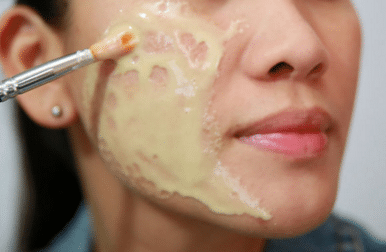
how to lighten skin with lemon
Does lemon juice lighten skin? Lightening of the skin with lemons does work as expected, but takes time. The citric acid in the lemons does have natural lightening properties. Unfortunately, the process will takes some time longer than you may have expected.
If you want to increase the speed of the process, try to use hydroquinone, kojic acid, or bearberry as lightening agents. Be warned that there are some risks that are associated with some of these products. One study indicates that 1 out of every 4 skin lightening products that are made in Asia but sold in the U.S. contained mercury though the mercury based products are banned in the US.
Does Lemon Juice Lighten Skin Permanently
Does lemon juice lighten skin? The acidic property that is found in lemons works as a natural bleaching agent to the skin and the increased amount of vitamin C in lemons encourages the new cell growth. Also, they have antioxidants that are very essential for skin complexion
How to Lighten Skin Using Lemon
Does lemon juice lighten skin? Lemon juice is a common traditional remedy used for lightening of the skin quickly and cheaply. Some individuals, however, have a serious chemical reaction that occurs when their skin is exposed to lemon juice and maybe sunlight.
This painful condition is should be taken to avoid prolonged exposure to sunlight and UV rays when using the lemon juice as a lightening agent. If you’re careful about how long you leave the lemon juice on the skin, and in in the conditions you apply the juice, find lemon juice a pretty effective skin lightener.
Use the below procedures when using lemon to lighten the skin;
- Spray it on the skin. Using an old spray bottle, and put some lemon juice in the bottle. Add an equal amount of water to the juice in the bottle. Spray it on the skin being careful to avoid any cuts and injuries
- Rub it on the skin. Rub a lemon rind over the skin. The lemon helps in cleansing of the skin and slowly lightening the skin over time.
- Using a lemon wash, an exfoliant, or mask for the face. Make a facial wash from an equal parts of water and the lemon juice, add some honey and aloe. Splash it gently onto the face early in the morning the same way water is used to wash the face, then rinse using cold water.
- For a skin-lightening mask, mix a tablespoon of lemon juice, 1 tablespoon tomato juice, and 1 tablespoon sandalwood into forming a paste. Apply the paste gently to skin and let it sit for about 20 minutes. Rinse using warm water and moisturize.
- For a skin-lightening mask for a very dry skin, mix 1 tablespoon powdered milk, 1 teaspoon of lemon juice, and 2 drops of essential oil. Apply gently to skin and let sit for about 25 minutes. Rinse using warm water and moisturize.
- For a lemon exfoliant, mix some 2 tablespoons of brown sugar, 1 egg white, and a teaspoon of lemon juice. Massage exfoliant carefully into the skin using gentle circular motions. Gently scrub the exfoliant or let rest for 10-15 minutes, rinse with warm water, and moisturize
- Cut the pieces of lemon into slices, run the slices under water for a few minutes, and squeeze the juice into a cotton ball. Apply to the face, rinse after about 20 to 30 minutes.
- Lemon lotion. Make some of your own lotion out of two parts of lemon juice, some three parts glycerin and one part of light rum. Thoroughly combine all required and mentioned ingredients with a wooden spoon. Apply to the skin and rub closely on the skin.
General tips for skin lightening using lemon;
- Avoid exposure to sunlight. When using any lemon lemon and other skin-lightening products, always make sure to use sunscreen and avoid unnecessary time in the sun. Lemons and also lemon juice can dry out the skin, thus making it susceptible to damage caused by the sun.
- Try using lemon peels or lemon juice only every other day of the week. Lightening the skin with lemon juice can take a long time, so it is very tempting to try to apply a mask or lemon juice every day. Try to stick to 3-4 applications in a week. Lemon juice dries out the skin very much to apply every day. Make sure to use a moisturizer thereafter.
- Lemon juice can help with acne, but make sure to talk to your doctor about the effectiveness of the lemon. Some sources indicate that lemon juice kills the bacteria which produce acne while also clearing up the acne scars. Lemon juice can do this, but it can also interfere with any other topical treatments you are using for the acne. Talk to the doctor about coupling the acne treatment with lemon juice treatment.
- Be aware of the products you use on the skin. Everything of what you put on the skin gets absorbed into the body. If you are using other ingredients apart from the lemon juice as a peel, a lotion, or a mask, then use good judgment about if you want it in the bloodstream.
Lemon for Skin Whitening Side Effects
Does lemon juice lighten skin? The acidic property that is found in lemons works as a natural bleaching agent to the skin and the increased amount of vitamin C in lemons encourages the new cell growth.
Also, they have antioxidants that are very essential for skin complexion frequently said by researchers as an at home treatment that rectifies dark patches of skin lemon juice has been used for a long period of time in many different places as a skin lightening agent. Is it effective?
The thinking behind the use of lemon juice is in its property as an acidic ingredient. This acidity delivers exfoliating properties thus helping to peel away the skin’s top layer, thus getting rid of existing pigmentation or the dark spots that are present there.
However, topical application of this lemon juice does not allow for the absorption and deep enough to disrupt the production of dark pigmentation, so results are minimal at its best. And, results will differ amongst people depending on what is being treated.
Side effects of lemon juice
Due to its lemon juice is acidic, it can be problematic to people who have sensitive skin. Pay attention on the reaction of the skin. Look for stinging, redness or itching and stop the use if this happens. Seek medical treatment from a qualified doctor if the irritation doesn’t go away.
The acidity in lemon juice also increases skin sensitivity of the skin so play close attention to UV exposure. When treating any condition that involves dark skin, sun protection is very important as this becomes even more essential when using a sensitizing ingredient like the lemon juice.

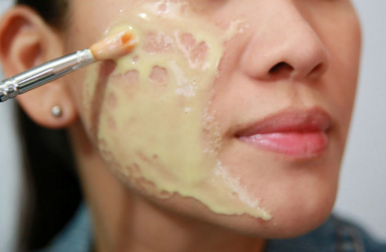
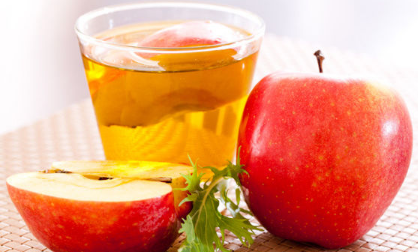

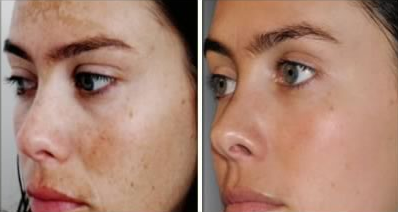
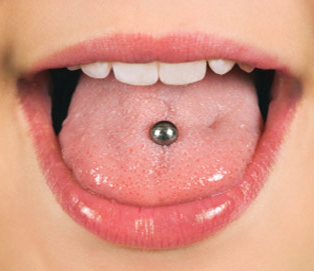

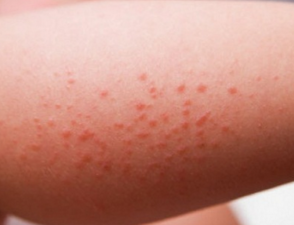
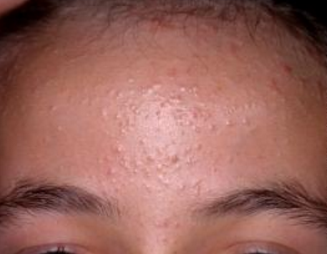
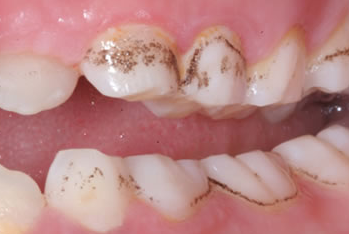
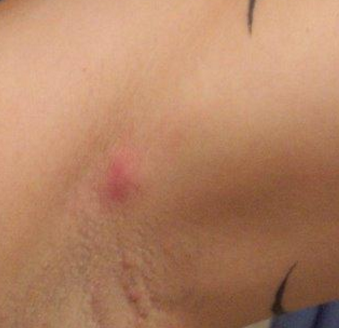
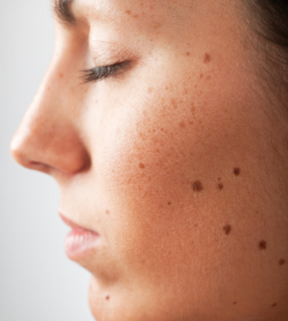
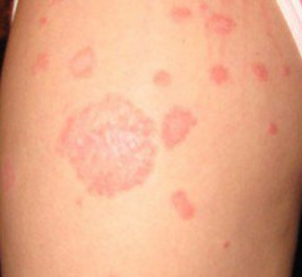
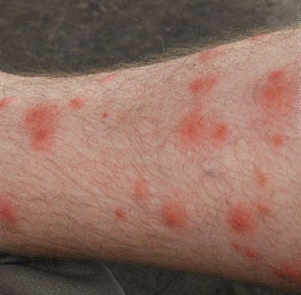
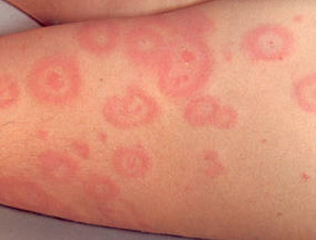
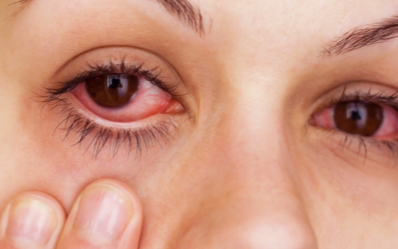
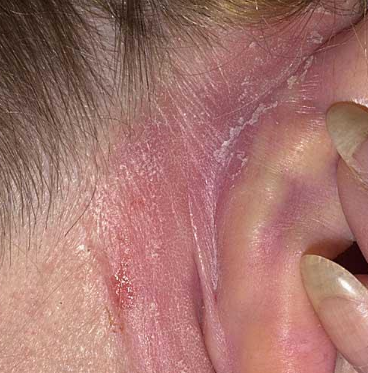
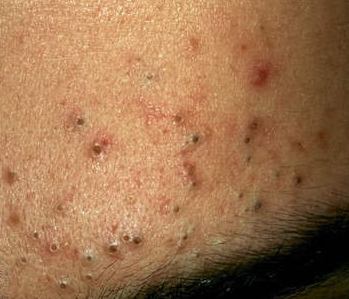
cat hat
December 31, 2019 at 5:46 am
You have noted very interesting details! ps nice website.